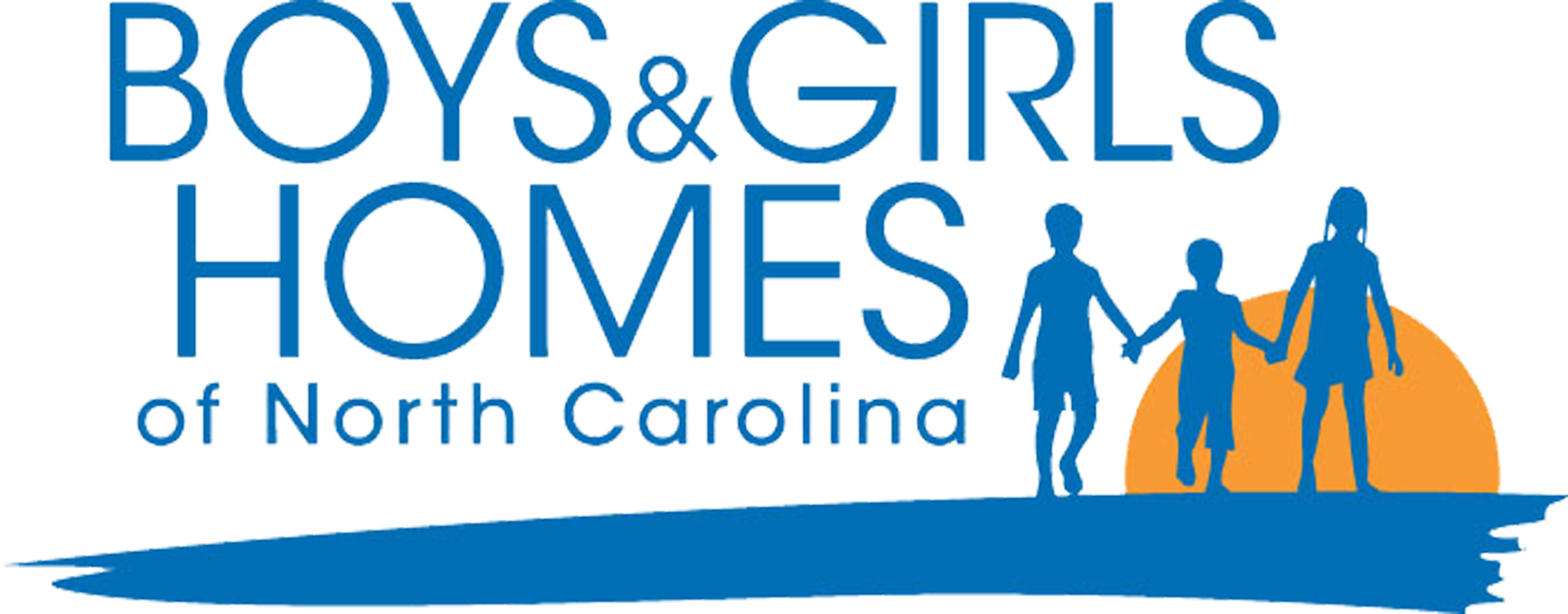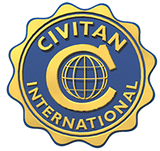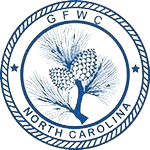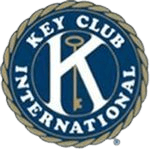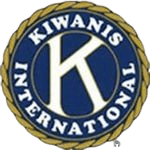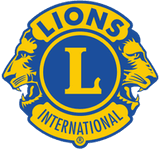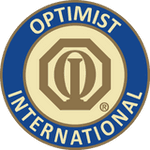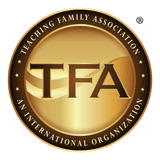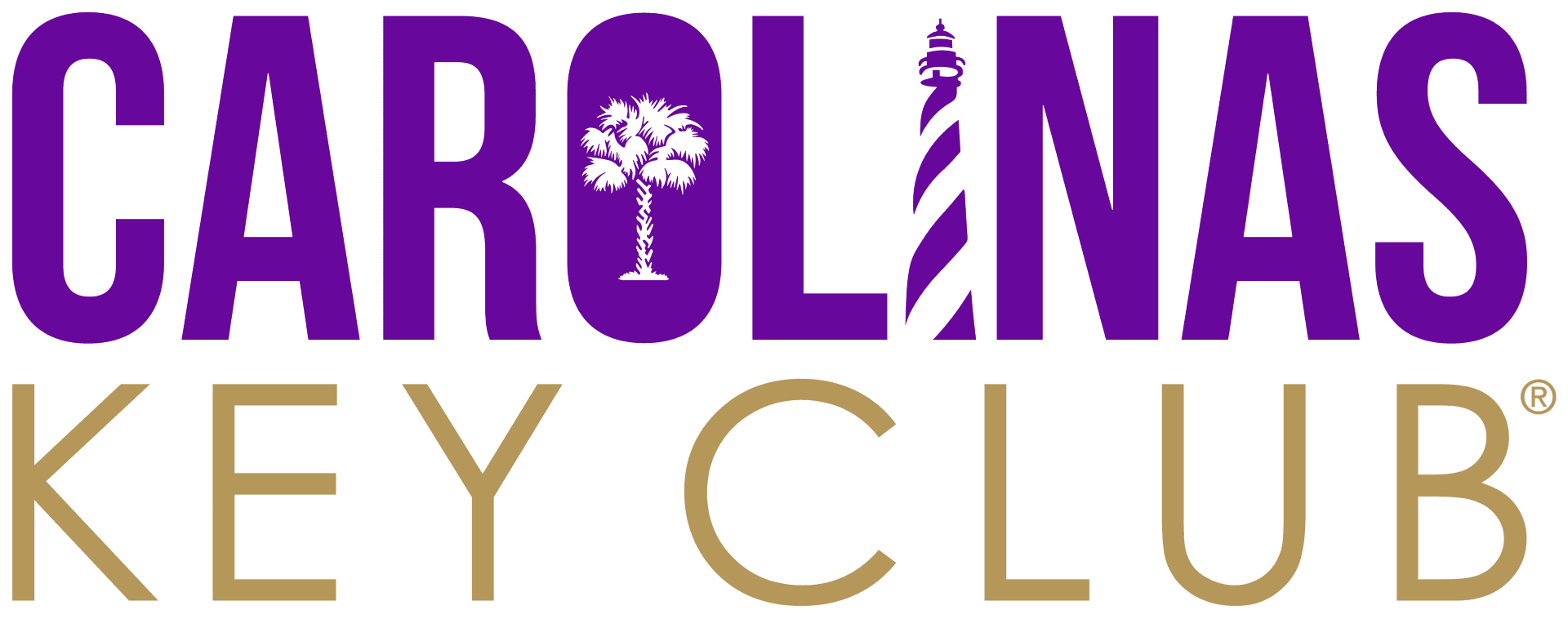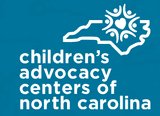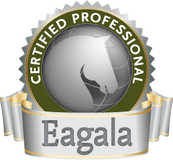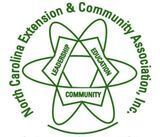The therapeutic value of interacting with animals and nature is so strong that Boys and Girls Homes of North Carolina President/CEO Ricky Creech made certain to include it as a key component of the Waccamaw Way model of care.
“With the Waccamaw Way, we want every interaction to be intentional,” said Creech. “We know there is plenty of evidence that demonstrates the value of Animal-Assisted Therapy (AAT). AAT is a preferred initial modality of treatment when working with clients who have attachment disorders. AAT helps fast track building relationships with humans because animals bring non-judgmental attitude, loyalty, trustworthiness, listening and acceptance to the client. One way we have incorporated this interaction is through our equine therapy program at our farm.”
Specifically, Equine Therapy and Events Coordinator Amanda Thompson and Clinician Stephanie Tucker are incorporating the Eagala Model of equine therapy for the youth.
“The Eagala Model is very different from other therapies, even other equine therapies, as it’s all hands on and does not involve riding,” said Thompson. “It is a therapy that includes equine activities in the farm setting to target and promote emotional growth. It specifically focuses on challenges including ADD/ADHD, depression, anxiety, confidence issues, and even more extreme issues that may be a result of various physical and/or mental traumas. I believe the biggest benefit to the Eagala Model is the team approach, which includes a licensed mental health professional, a qualified equine specialist, the horse(s) and the clients. Eagala is specifically designed to be a mental health treatment model using horses that are highly attuned and offer a safe place for clients to discover themselves.”
Tucker agrees, “Eagala is a special modality because it allows the youth to interact with the horses in a hands-on approach without the pressure of talk-therapy. Children can interact with the horses on their own, which can allow for certain issues or struggles to be addressed in the child’s timeframe.”
In order to become a certified Eagala practitioner, individuals must take the Fundamentals of the Eagala Model Training Course. The training course is broken into three different types of activities: discussions, demonstrations and experiences. This course is five days of on-location hands-on training.
Thompson completed her certification in February of this year while Tucker will go through her certification in October.
“The biggest thing I think I took away from the certification class is Eagala is very different from traditional therapies,” Thompson said. “The Eagala Model is solution oriented in which it is believed that all clients have the best solution for themselves when given the opportunity to discover themselves. This type of therapy focuses on experiences allowing clients to explore, problem solve, overcome challenges and discover things about themselves.”
“With the certification, we are now equipped to provide an actual therapeutic model with the appropriate trained professionals on the farm that is unlike the traditional therapies inside a room,” Thompson continued. “With this certification we can now use the horses for more than just riding as many of our kids initially lack the confidence to do so. This provides an entirely different outlet for our kids that may be less stressful and engage them in a way other therapies may not.”
Both Thompson and Tucker are hopeful that the program will expand within the campus program to involve even more of the youth.
“I would love to see all youth on campus engaging in equine therapy,” said Tucker. “I think it would be very beneficial for every child to experience the Eagala modality. There is a lack of pressure during Eagala sessions and I think the residents would enjoy this compared to a typical session of talk-therapy. I am excited to see this program flourish. I have not worked with equine therapy before, so I am ready to see how our youth are affected and how the process works. In the few sessions we have had, I feel like I have already seen improvements in certain behaviors in our youth and how they interact each session.”
Over the next two years, the team also hopes to be able to expand the offerings beyond the campus care program.
“I would like to see the equine therapy program reaching our outpatient programs,” said Tucker. “This would allow the community to engage in therapy at our farm.”
Thompson agreed, “Within two years, I would like to see our therapy program expand to the public offering services to not only our community’s youth, but people of all ages, and especially our veterans.”
About the Eagala Organization
The Eagala organization was one of the first to develop a concrete model of professional standards for incorporating horses into mental health treatment. Eagala was founded in 1999 as a 501(c)3 nonprofit and, along with an incredible team, has continued to evolve and develop the Eagala Model. Thanks to the efforts of the Eagala team and its members, today, Eagala has grown into a worldwide movement and a global network of professionals who collaborate and support each other. As Eagala has grown, it has been governed by a volunteer Board of Directors who work tirelessly to ensure the longevity of the organization while maintaining the highest standards of business practices. To learn more, visit https://www.eagala.org/index.
About Boys and Girls Homes of North Carolina
Boys and Girls Homes of North Carolina, Inc., has been helping children since 1954. Since then, more than 7,500 children have benefitted from the services of the not-for-profit, 501(c)3 agency. Its mission is to provide a comprehensive array of services for children and youth who have been removed from their homes due to abuse, neglect or other family dysfunction. BGHNC offers adoption, family and therapeutic foster care, free children’s therapy, as well as residential care on the campus at Lake Waccamaw. The campus features a SACS-accredited school with a middle and high school curriculum, vocational education, recreation facilities, farm, chapel and cottage life. As many as 320 children are cared for through the residential, community-based services, and school program provided by BGHNC at any given time. BGHNC operates its program, services and activities in compliance with federal nondiscrimination laws. BGHNC is nationally accredited by the Council on Accreditation.
